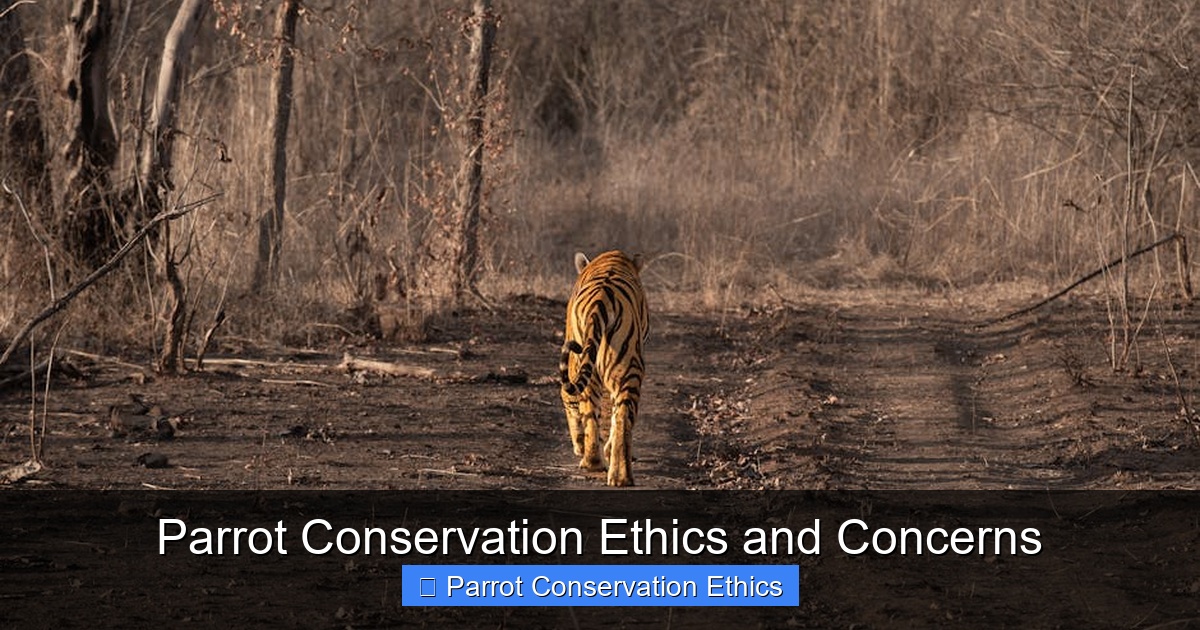
Featured image for this comprehensive guide about parrot conservation ethics
This is a comprehensive guide about parrot conservation ethics.
Frequently Asked Questions
What exactly does “parrot conservation ethics” encompass?
Parrot conservation ethics involves the moral principles and values that guide decisions and actions aimed at protecting parrot species and their habitats. It addresses questions about right and wrong in conservation practices, considering the welfare of individual parrots, the integrity of ecosystems, and the long-term sustainability of species.
Why is an ethical approach crucial in parrot conservation efforts?
An ethical approach ensures that conservation actions are not only effective but also just and humane, preventing unintended harm to individual parrots or local communities. It builds trust, promotes sustainable practices, and encourages a deeper understanding of our responsibilities towards these intelligent and sentient birds.
What are the ethical considerations surrounding the pet trade and its impact on wild parrot populations?
The pet trade raises significant ethical concerns due to the capture of wild parrots, which can deplete wild populations and cause immense suffering to individual birds during capture and transport. Ethical discussions center on balancing human desires for companionship with the imperative to protect species and prevent animal cruelty.
Is it always ethical to reintroduce captive-bred parrots into the wild?
While reintroduction aims to bolster wild populations, it presents complex ethical challenges. Concerns include the potential for disease transmission, the ability of captive-bred birds to survive and integrate, and the impact on existing wild populations or ecosystems, requiring careful consideration of potential risks.
What ethical dilemmas arise when considering interventions like population management or habitat manipulation for parrots?
Interventions such as culling, translocation, or extensive habitat modification can be controversial. Ethical dilemmas involve determining when human intervention is justified, minimizing suffering, ensuring long-term benefits, and respecting the natural processes of ecosystems while balancing human interests.
How can individuals ensure their actions align with ethical parrot conservation principles?
Individuals can align with ethical parrot conservation by supporting reputable conservation organizations, avoiding the purchase of wild-caught parrots, and advocating for strong animal welfare and wildlife protection laws. Educating oneself and others about responsible pet ownership and the plight of wild parrots is also key.
